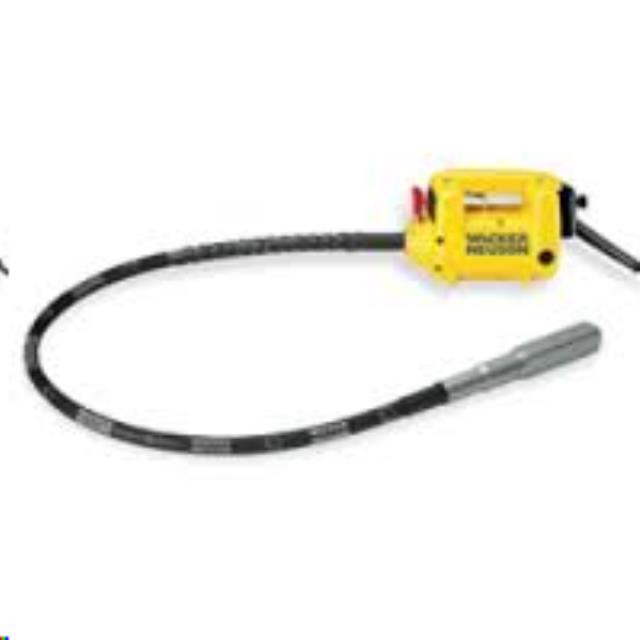
Mechanics work with a variety of equipment, including vehicles, mechanical devices, and electrical systems. They also ensure that equipment functions properly by performing preventative maintenance. They could be exposed to electric shocks or toxic fumes while they work, so they need to be aware of safety precautions.
A mechanic may work in a variety locations including factories, repair shops and construction sites. Mechanical systems are essential knowledge for mechanics. They must also be able and able to multitask under pressure. Some mechanics might need to work on weekends and evenings. Other mechanics might be available to assist with emergency repairs. A general mechanic must learn how to properly install, maintain, or repair machinery. Mechanics must know how to read schematics, diagrams, and manuals.
High salaries are possible for mechanics. Mechanical workers typically work for at least 40 hours per semaine and may have to work overtime. Average annual earnings for technicians working in industrial or manufacturing settings are $80,000. However, the pace of employment growth is expected slow down in the coming decade. As automation becomes more common and less manual labor is required, mechanics will not be as needed to perform the same amount of work as in the past.

A valid license is required for mechanical contractors. The license must be renewed every year, and the contractor must provide a guarantee bond. Contractors must also have a business entity, a business name, and a general liability insurance policy. After they meet the requirements, they can be granted a license. Most states also require certification.
They are responsible to design the engines, structures, and other machinery used in industry. Mechanics help the engineers in the design and analysis phase, and they help them choose the appropriate materials to use. A degree with a focus in mechanical engineering can make you a great choice for many careers. Mechanics must also have an understanding of automated systems. Many mechanics have a good understanding of electronics and computer programming.
General mechanics are physically demanding. They may be exposed to toxic fumes and have to cope with adverse weather conditions. They are often part of a team. They must work together to solve issues and ensure the system runs smoothly. They can also be employed by trucking companies as mechanics.
General mechanics can also work in different industries, including construction, auto repair shops, and service stations. There are many job opportunities for mechanics, and there will be job growth in 2028. Most mechanic jobs are full-time. Some mechanics may need to work overtime if they work weekends or nights.

A degree in mechanical engineers is required to become an mechanic. However, it is possible to train on the job as a general technician. The on-the job training course for mechanics will teach them safety procedures that are specific in their workplace.
Mechanics can earn overtime compensation, and they can be on call at all times. Some mechanics are self-employed while others are employed by companies.
FAQ
Who is responsible for paying for the service
Your SCA specifies which party is responsible for paying for the service. The service provider may be entitled to compensation if it isn't paid in full.
What documents do I need to show when applying for building permission?
Along with your SCA, proof must be provided that:
-
There are plenty of parking spaces available.
-
These routes can be used for access;
-
Access to all utilities is possible
-
All works must comply with applicable planning regulations.
Who issues a Service Agreement
The service agreement between you and your customer defines how you will provide them with services. It outlines the customer's responsibilities, what you have to do for them, and when they have to pay you.
Additionally, the service agreement confirms whether additional fees will apply to extra services.
All terms and condition of the service agreement should be stated. This includes payment terms, delivery times, warranties, and the like.
Use this template to ensure that you have covered all the details of your agreement.
Where can I get more information on building permits?
Ask your local government office (for instance, NSW Local Government Association), or talk to your real estate agent. These authorities should be able advise you on the steps to take in order to get permission to build.
Statistics
- Reasonable late fees go up to 25% per year on unpaid sums. (lawdepot.com)
- Depending on the client's trustworthiness and financial stability, a deposit is usually 10 to 50% of the total contract amount. (lawdepot.com)
- (ii) Name, address, and telephone number of each proposed first-tier subcontractor with a proposed subcontract estimated at $10 million or more. (acquisition.gov)
- While we offer all our high-quality services at competitive prices, we know that many who need our services are on fixed incomes, so we offer a 10 percent discount for seniors and military members. (homeservicecontractorsinc.com)
- (v) Place or places of performance of the prime contract and first-tier subcontracts estimated at $10 million or more, if known. (acquisition.gov)
External Links
How To
What should a contract of service include?
Service agreements (SAs) are essential for any business relationship. It outlines what you expect from each other and how you will achieve this. It also outlines when and where the other party must fulfill its contractual obligations.
The key elements of a successful SA are:
-
Both parties agree on the scope of work and the services they require.
-
Information about payment terms, including the start and end dates for delivery of goods/services.
-
The project price must be agreed.
-
Additional costs, such as VAT, etc.
-
Whether there is any other matter that should be discussed.
-
Who will be responsible if something goes wrong with the job?
-
How disputes will be settled
-
What happens if one of the parties breaches the contract?
-
What happens in the case of a dispute?
-
When does the contract take effect?
-
What happens if one or both of the parties fail to perform.
-
What length of time will you be required to pay invoices
-
Who pays for travel costs?
-
Where the money comes.
-
What happens if a client changes mind about the project?
-
What happens if the supplier isn't there?
-
Who is allowed to access the site during construction
-
What happens when the customer cancels a project?
-
What happens if the product is faulty.
-
What happens when the manufacturer refuses supply?
-
What happens if equipment fails?
-
What happens if the project takes longer than expected.
-
What happens if the work isn't completed within the agreed timescale?
-
What happens if the quality of the finished project falls below expectations?
-
What happens when the cost is too high?
-
What happens to the materials if they are not delivered on-time?
-
What happens when the material arrives damaged.
-
What happens when the products don't meet standards?
-
What happens if you cancel the job before it is complete?
-
What happens if the business goes under?